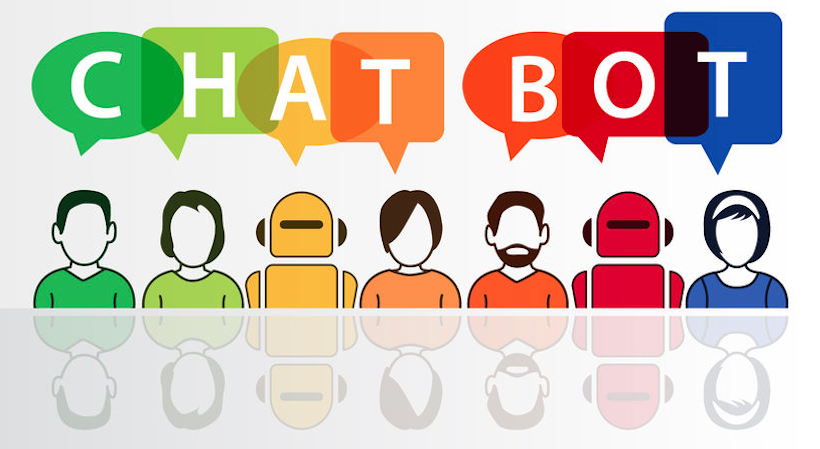One buzzword right now in the business world is: chatbots.
And while bigger businesses like Lyft and Sephora are leveraging chatbots successfully, there’s still plenty of room for startups and small businesses to take advantage of them. But the question is: should you jump on this trend or leave it behind?
Wait, what the heck is a chatbot?
If you’re not familiar with chatbots, here’s a quick rundown: rather than actual humans answering questions from customers via online chat services, automated robots do the heavy lifting. They’re programmed with frequently asked questions, as well as the ability to make suggestions to customers based on items they’ve viewed or bought.
They can even offer customers coupons or special offers. And the beauty is, once you’ve initially invested in the software, you don’t have the ongoing cost of customer service reps.
You may have interacted with a chatbot and not realized it. If you’ve ever used a business’ chat function, it may have been a robot at the keyboard, and not a human!
Related: Taking Advantage of AI’s Influence on Customer Interaction
Benefits to chatbots
Besides the cost savings on labor, there are other reasons to consider adding chatbots to your marketing mix.
Setting up a chatbot isn’t overly complicated or expensive. There are platforms that use existing messaging apps like Facebook Messenger or WhatsApp that make it easy to be where your customers are already spending a significant amount of their online time.
They can also help you boost sales or increase average sale amounts. Because the artificial intelligence in the chatbot can use customer data to predict what a customer might be interested in, there’s a high likelihood that suggesting a certain product or offering a discount on a specific item might be used by a customer.
Here’s an example: a shopper clicks the “chat” button on your e-commerce website to ask if you have a red skirt in size XL, because she doesn’t see that it’s in stock. The chatbot tells her it’s on back order and that she can get a notification when it’s in stock so she can buy it right away. In the meantime, the chatbot suggests a similar skirt that is available in her size, along with a 15 percent discount.
The shopper is thrilled at the discount and decides to buy the other skirt. You just made a sale you wouldn’t have if the shopper had stopped browsing your site once she saw the first skirt was out of stock.
Because chatbots have extensive data to process when interacting with a customer, they can automatically make personalized recommendations. Rather than sending an email announcing 20 percent off of shirts to every customer you have, you can customize an offer for each and every customer who interacts with your chatbot. Because consumers want more personalized experiences these days, chatbots are able to deliver.
Sign Up: Receive the StartupNation newsletter!
So, what about chatbots and your startup?
Chatbots aren’t beneficial for every type of business. They’re most ideal for companies that sell products online, or that are transactional in nature. If you run an e-commerce business, chatbots could help you grow.
If you have been frustrated at how much your customer service is costing you, chatbots could help you cut down on those costs while still keeping customers happy. A chatbot can help a customer process a return, exchange a product and answer common questions. There’s little that a human can do that a chatbot can’t, and its capabilities will only grow over time as the field expands and improves.
There may be some initial ramp-up as you implement the chatbot service, and you may benefit from hiring a company to help you manage that process. Don’t fire your customer service staff just yet! Get the bumps worked out to ensure that customers are getting what they need from your chatbot. Realize that not every customer will be comfortable interacting with one, either, and that some will still prefer the old-fashioned means of communicating via telephone.
Monitor results you get from chatbots over time. Are they bringing more sales? If not, test out different offers. What does the data the chatbot gleaned from your customers tell you? You can learn a lot about shopper’s behavior, including what products people are buying, which they aren’t, and any bottlenecks on your website that might prevent them from completing a purchase. Use that data to make your website more user-friendly and to increase revenue.
If your goal this year is to try out new technologies and tools to grow your small business, incorporating a chatbot into your customer service and marketing efforts could well be the biggest payoff you see all year.






